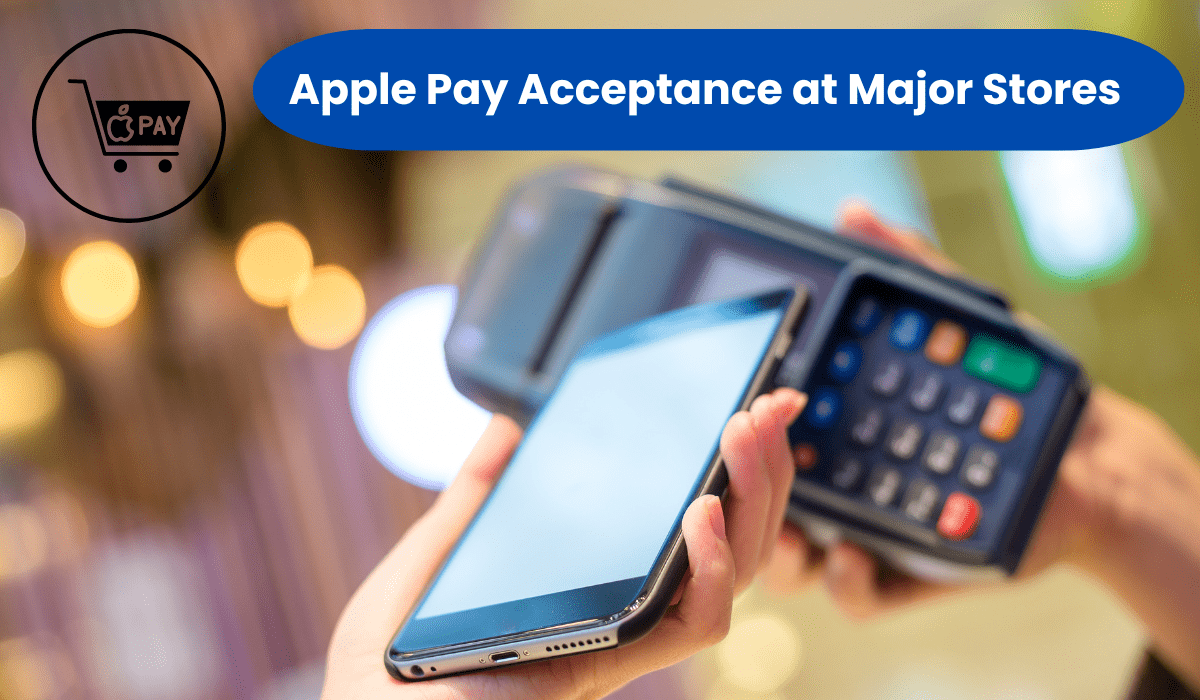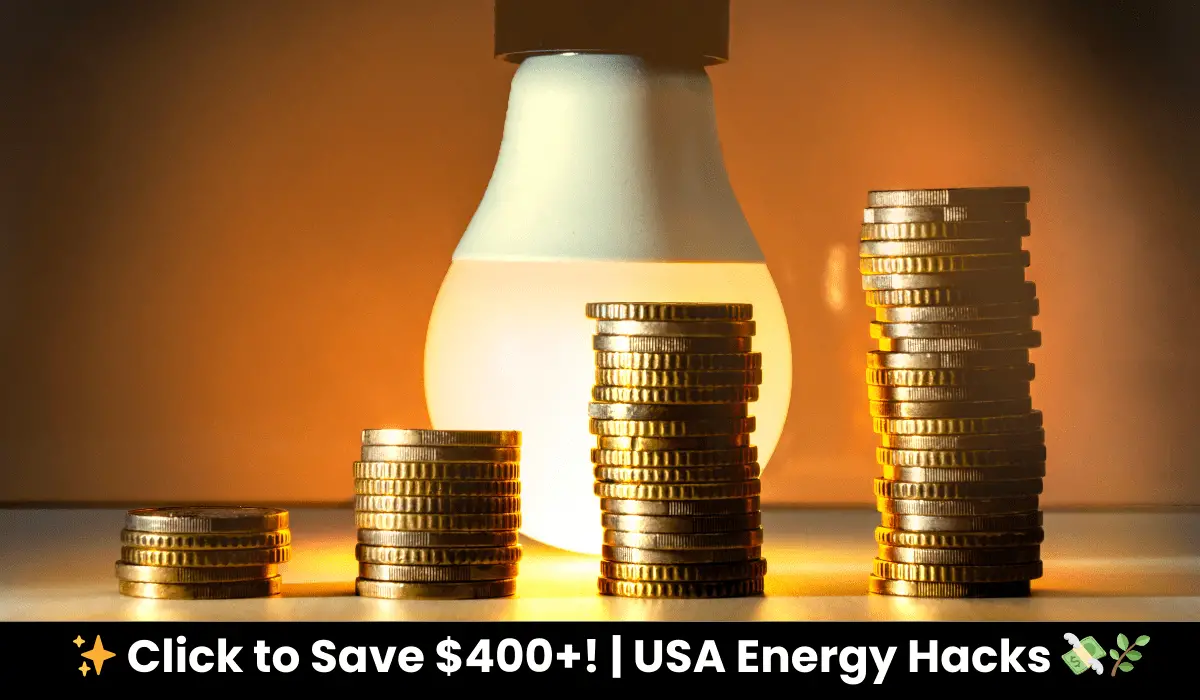At a time of financial uncertainty, precious metals are becoming top of the line alternatives for investors looking for a safe haven asset. One up and coming alternative currency to be aware of, anyway, is Goldbacks, a strange form of gold currency. But should you add Goldbacks to your portfolio? Let’s dive into the details.
What Are Goldbacks?
Goldbacks.A modern gold currency — what is goldback? Tropical — they were introduced in 2019 in Utah — they’re made by embedding ultra-thin layers of 24-karat gold into durable polymer notes. Each note represents 1/1000th of an ounce of gold, with denominations of 1 Goldback to 50 Goldbacks. Unlike conventional gold coins or bars, Goldbacks are made to be used as spendable currency, although they are not legal tender.
How Do Goldbacks Work?
Goldbacks combine the benefits of both real gold and paper money. For example:
- 1 Goldback equals 1/1000th of an ounce of gold.
- 50 Goldbacks = 1/20t ounce
Their value moves with gold’s ask price but they frequently trade for much more than their intrinsic worth (10%–30% more than spot price) because of production cost and collectible attraction.
Advantages of goldback investing
- Tangibility: Unlike gold that is digital or virtual like ETFs, Goldbacks are real, so you are safeguarded against cybercrime or failures in the international financial system.
- Inflation Hedge: Gold is a time-tested preserver of wealth in periods of inflation — and Goldbacks provide tangential exposure.
- Privacy: Transactions don’t require banks, appealing to those who value financial anonymity.
- Collectible Value: Certain designs may turn collectible and valuable in excess of the spot price of gold.
- Spendable: Accepted by some small businesses (primarily in states with local Goldback programs), which adds some utility.
Disadvantages of Goldbacks Investments
- High Premiums: Since you’re paying 10%–30% above the spot price of gold, you’ll need a lot of appreciation just to break even.
- Liquidity Challenges: It can be more difficult to find buyers than it is to sell conventional gold products, such as coins or ETFs.
- Risks of Storage: Physical Goldbacks will necessitate secure safes or safety deposit boxes, which carry cost themselves.
- Volatility: Whereas gold acts as a stabilizer, Goldbacks are subject to premiums and a niche market, meaning prices can swing.
- No Passive Income: Unlike dividend stocks or rental properties, Goldbacks don’t pay cash flow.”
Are Goldbacks Right for You?
Goldbacks may suit:
- Other: Focused on physical goods that could be traded.
- Collectors: Where are artful gold products that I can invest in?
- Facing Financial Markets: Evading Financial Institutions
But traditional investors instead may favor lower-premium gold or diversified assets.
Important Gears To Consider Before Buying
- Purpose: Are you trying to hedge, collect or prepare for emergencies?
- Budget: Do your premiums and storage costs fit?
- Market Research: Look on resale platforms (such as eBay home local dealers) to assess liquidity.
Conclusion
While goldbacks represent a new way to own physical gold with spendability versatility, the premiums and niche demand make goldbacks a speculative investment. And while they’re no substitute for mainstream assets, they can play a role in a diversified portfolio for the right purchaser. Disclaimer: Always speak with your financial advisor to tailor investments to your needs.
FAQs About Goldbacks
A: Yes, Goldbacks are legal tender in gold-veiling states, but not money, so you can pay for goods and services at places that accept them.
A: But primarily in niche networks or states where they are being promoted (e.g., Utah, Nevada). They aren’t accepted by most businesses.
Q: Is it legal tender?
A: No, but they are recognized as voluntary currency in certain areas.
Q: How are Goldbacks made?
A: Polymer sheets are vacuum-deposited with gold, then cut into notes.
Q: Do Goldbacks rust or tarnish?
A: No—the polymer coating prevents corrosion in the gold.
Q: What would you do if gold prices crashed?
Q: What happens to goldbacks as the gold price falls?











